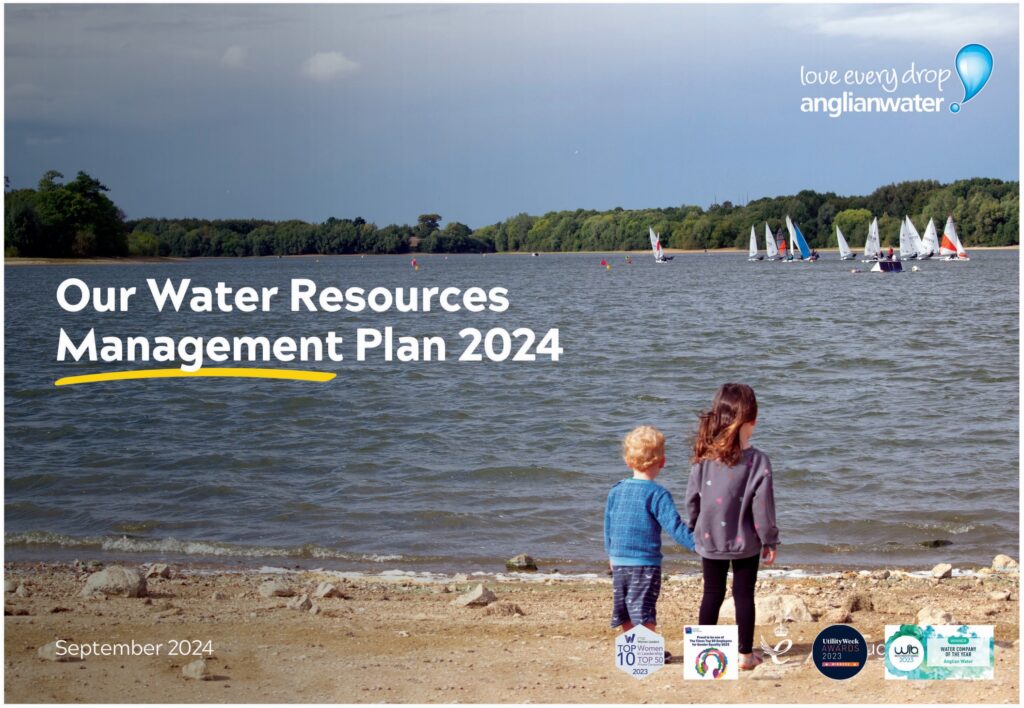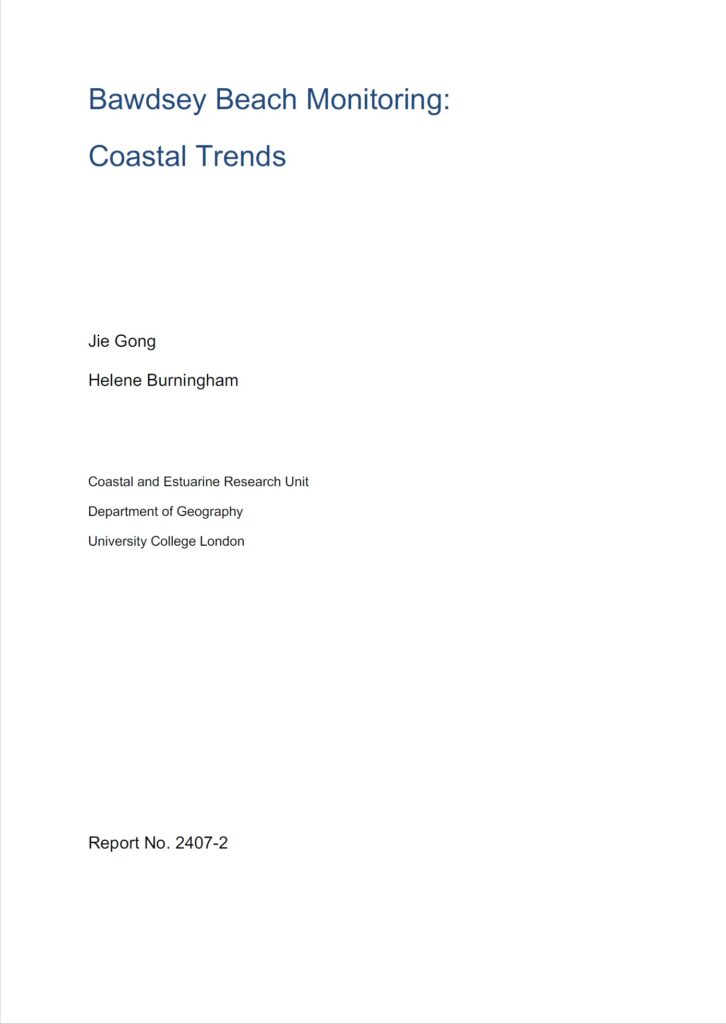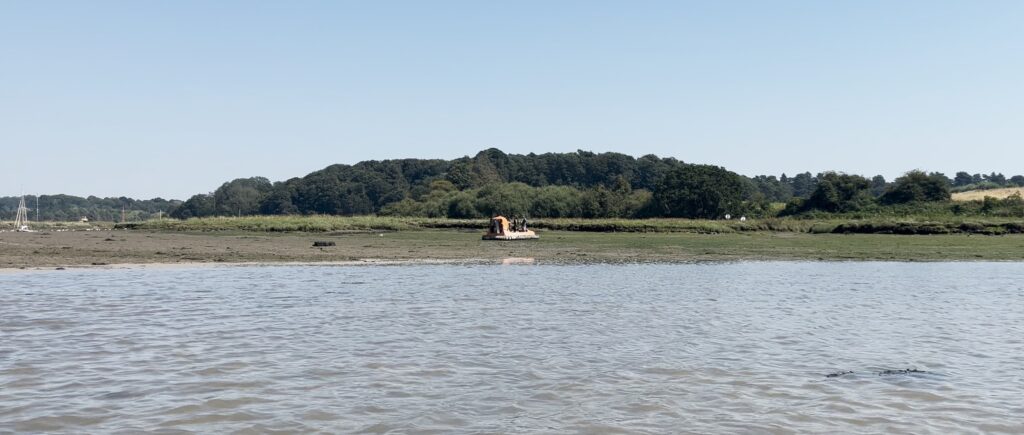On the 21 October 2024, East Suffolk Council’s Licencing Committee resolved to carry out a
consultation on the licensing of commercial operators of Jet Skis/water scooters. The aim of the consultation was to seek the views of operators, interested parties and the general
public to ensure that all views are taken into consideration by the Licensing Committee in their
decision making. The consultation ran from 29 October to 26 November 2024.
East Suffolk Council invited respondents (including the DEP) to express their views on the following questions:
a. Whether the Council should licence Jet Skis?
b. What conditions if any should be imposed?
c. What minimum specification should be required?
d. Should zones of operations be imposed?
e. Should dates and times of operation be imposed?
f. How should the policy be enforced?
g. Any other comments?
Because the DEP is a partnership of separate organisations with diverse interests in this matter, the Chair sent a note to all members of the DEP Steering Group on 20Nov24 explaining about the consultation and inviting them to submit individual responses from each organisation that reflected their separate views. But because ESC specifically requested a response from the DEP, the Chair would submit a personal response that reflects the many views and opinions that have been shared with him as Chair of the DEP on this matter.
Click here to view a copy of the DEP response submitted to ESC on 25Nov24.



